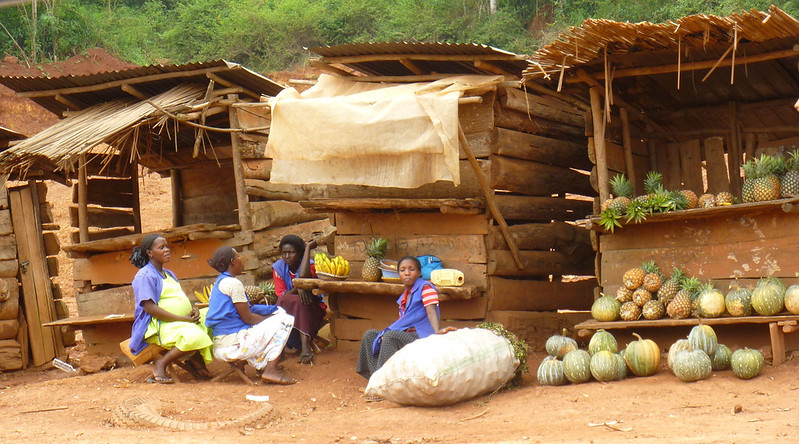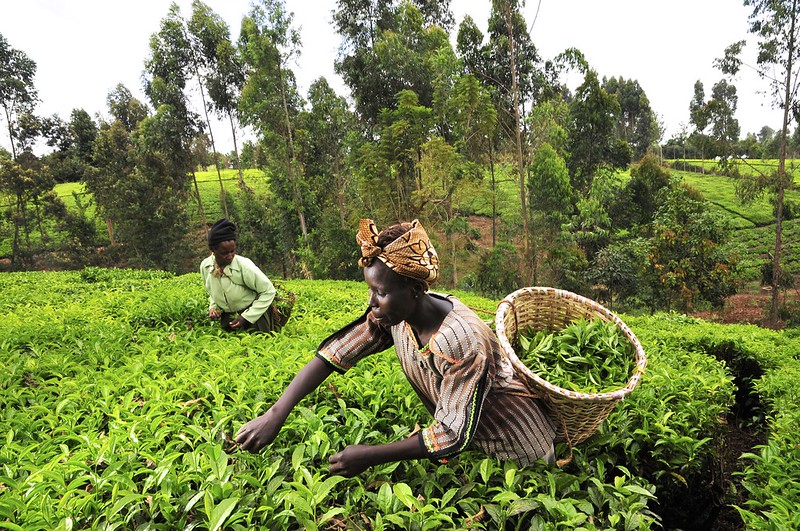By Søren Jeppesen
One thing seems to be clear by now – that we are all challenged by the effects of the Covid-19 pandemic. This includes all enterprises, large as well as small firms. As states and individuals, also SMEs (Small and Medium-size Enterprises) need to figure out how to respond. SMEs constitute the vast majority of enterprises on the Globe, and their response to the current situation, including how they behave in terms of social responsibilities matter a lot. If jobs disappear, or wages are lowered and/or working conditions deteriorate, a large number of persons (employees) and families will be negatively affected. If environmental standards are lowered the nature and humans will be negatively affected.
The perception of what constitutes social responsibilities varies substantially across countries. As SMEs in different parts of the world face very different situations (see Spence et al. 2018), also in times of Covid-19, the responses will be very different. We already witness intense debates on what is the ‘appropriate way’ of reacting. Most SMEs have a less formalized way of operating compared to larger firms. While this is viewed as leading to being less socially responsible compared to large firms this type of organizing – not being so standardized – maybe be is an advantage in an unknown situation like the one that we are witnessing right now. Agility, creativity and ability to make a decision fast could be an advantage right now like the Danish small firms that have adjusted their production to include critical health products show.
However, the examples are probably the exceptions rather than the rule as only a smaller section of the SMEs typically can be characterized like this. The majority of the SMEs are operating in more traditional, standardized ways and have a more limited range of responses as things stand right now.
In our part of the world, governments have implemented numerous support schemes trying to assist the private sector, including SMEs, in various ways. The Danish SME has various public-funded support packages and a highly formalized labour market cushioned by a number of social benefit programs to factor into the considerations. Hence, we can insist that an important part of managing continues to be keeping an eye on working conditions and the environmental impact. In other parts of the world like the developing countries, governments have so far done less and given the much more informal nature of the economies, SMEs are much harder effected.
The Ugandan SME is faced with no economic assistance and a complete lockdown of the society leading to a dramatically reduced – if not totally halted – operation and turnover. In addition, no social benefits exist to assist employees who are losing their job. So, the overarching topic concerns the socio-economic dimensions of how many SMEs that survive while retaining a good number of the staff – or on the more pessimistic side – how many that go down leaving scores of people unemployed and without an income affecting individuals as well as tons of families.
What can we then expect in terms of social responsibilities in such a situation? Given that some developing country SMEs are characterized as having ‘family-like culture’, we would expect such enterprises to retain the employees (Tran and Jeppesen, 2016). Even though the SMEs retain the employees, owners and managers personally have to handle the insecurity that accompanies the situation as well as relating to the concerns among the employees.
The family-like type of organization could ensure that employees are kept and not fired. Still, we know that a number of SMEs pay little if any wages in times of limited production. Hence, having a job with no income does not make a difference right now.
Small enterprises in developing countries are also praised for their community engagement in taking up activities ensuring women (Langevang et al, 2015) or young people income. The localized response may assist in various ways of helping citizens in dire need. Religion and which church that you are a member of play a role. Some churches, as well as the wealthier members (and among these SME owners and managers), come forward to assist their congregation and the less well-off families in times of need.
We need to wait for the answer to whether and to what extent Covid-19 will be marked by resilience and a protective and more caring (social) response by SMEs – or rather by the tough reality of downsizing and/or closing down with numerous dire consequences.
References
Langevang, T., Gough, K. V., Yankson, P. W., Owusu, G., & Osei, R. (2015). Bounded entrepreneurial vitality: The mixed embeddedness of female entrepreneurship. Economic Geography, 91(4), 449-473.
Spence, Laura J., Jedrzej George Frynas, Judy N. Muthuri, Jyoti Navaret, 2018. Research Handbook on Small Business Social Responsibility: Global Perspectives. Edward Elgar Publishing.
Tran, Angie Ngoc & Søren Jeppesen. 2016. SMEs in Their Own Right: The Views of Managers and Workers in Vietnamese Textiles, Garment, and Footwear Companies. Journal of Business Ethics, 137(3), 589-608
About the author
Søren Jeppesen is Associate Professor at the Department of Management, Society and Communication at Copenhagen Business School. His research concerns the development of firms in developing countries. He focuses on SMEs, CSR and driving forces (or lack of same) for strategies of SMEs in developing countries in engaging in CSR (or not engaging).
More about coronavirus pandemic on Business of Society blog:
How the pandemic can reset cities and transform aspects of urban mobility
The Coronavirus Pandemic – and the Consequentiality of Metaphors
Sustainable Development, Interrupted?
The Political Economy of the Olympics – Misconceptions about Sustainability
Supply Chain Responsibilities in a Global Pandemic
A Green and Fair COVID-19 Recovery Plan
In Movement from Tanzania to Northern Italy to Denmark
How to make food systems more resilient: Try Behavioural Food Policies
Lobbying and the virus – three trends to take note of
Image by US Army Africa


